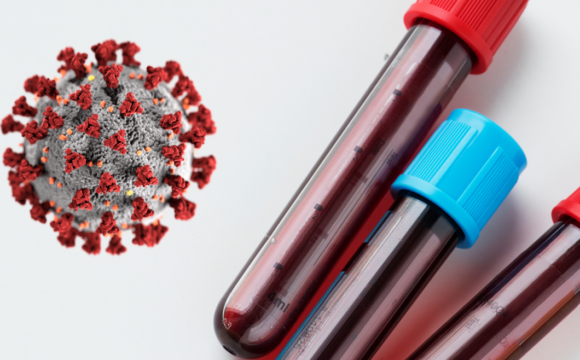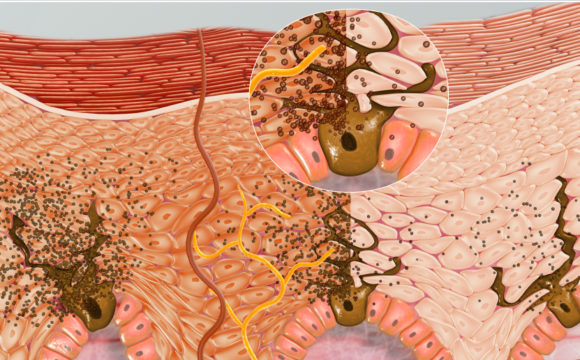Diabetes is one of the most dominating areas of biomedical research. Studies are conducted in the prospects of endocrinology, genetics, molecular biology etc. Unfolding the mechanisms, finding the appropriate drug and finding ways to prevent its occurrence are the key goals of this research. Here we highlight a recent study which links the deficiency of vitamin A to the occurrence type 2 and type 1 diabetes. The study was published in the Endocrine Journal and was conducted by researchers from the United Kingdom and Sweden.
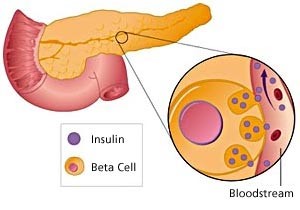
Globally over 422 millions of people suffer from this disease of which 62 million live in India. Type 2 diabetes is more common than type 1. In type 2 diabetes, the body either produces less insulin or develops insulin resistance. Insulin is produced in the beta cells of the pancreas and play a key role in regulating blood sugar level. Beta cells express a receptor known as GPRC5C. The exact function of this receptor is not known and is therefore referred to as ‘orphan GPRC5C’. Some studies in the past have demonstrated how vitamin A consumption leads to improved functioning of the beta cells. This led the researchers to explore the GPRC5C’s potential as a vitamin A receptor. “When we discovered that insulin cells have a cell surface expressed the receptor for vitamin A, we thought it was important to find out why and what the purpose is of a cell surface receptor interacting with vitamin A,” says study co-author Albert Salehi, of the University of Lund in Sweden (Source: medicalnewstoday.com)
The experiments were performed on mice models. Partial blocking of the GPRC5C receptors using appropriate antibodies led to reduced binding of the Vitamin A (retinoic acid) molecule. The insulin secretion was determined by Radioimmunoassay (RIA). It was found that these partially blocked beta cells now have a reduced ability to secrete insulin in response to sugar. The protocol was repeated for beta cells of human origin and it was found that their insulin-secreting ability was decreased by almost 30 percent.
Easily Monitor Your Diabetes with a Glucometer & Glucostrip!
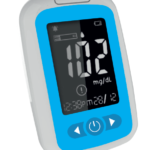

Type 1 diabetes is the one where one’s own immune system destroys the beta cells which responsible for insulin production. Using MTS assay to determine cell viability this study also found that reduced level of vitamin A decreases the ability of beta cells to fight inflammation while a complete absence of vitamin A results in the death of beta cells. This links the role of vitamin A to type 1 diabetes.
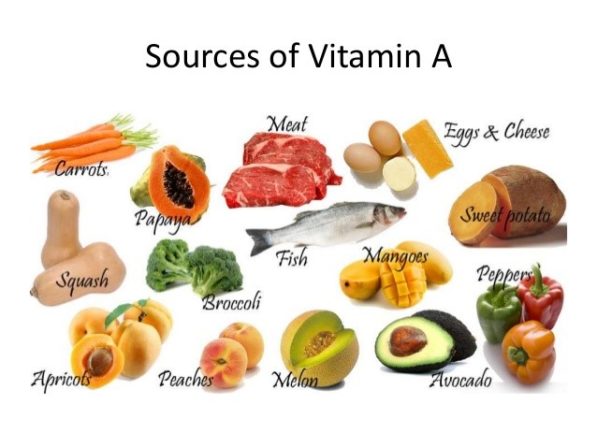
In conclusion, this study re-reminds the significance of Vitamin A in the human body. We consume almost all of our vitamin A via food sources only. It is found mainly in meat and dairy products and also in some vegetable sources like carrots, broccoli, and spinach. While food is a good source some also prefer additional supplements. It is, however, to be kept in mind that the excess of vitamin A (mainly through supplements) can lead to dizziness, nausea, headaches, coma and birth defects in case of pregnancy amongst others.
References:
- www.healthcentral.com/article/could-vitamin-a-deficiency-cause-diabetes
- www.medicalnewstoday.com/articles/317921.php
- www.sciencedaily.com/releases/2017/06/170613111649.htm







